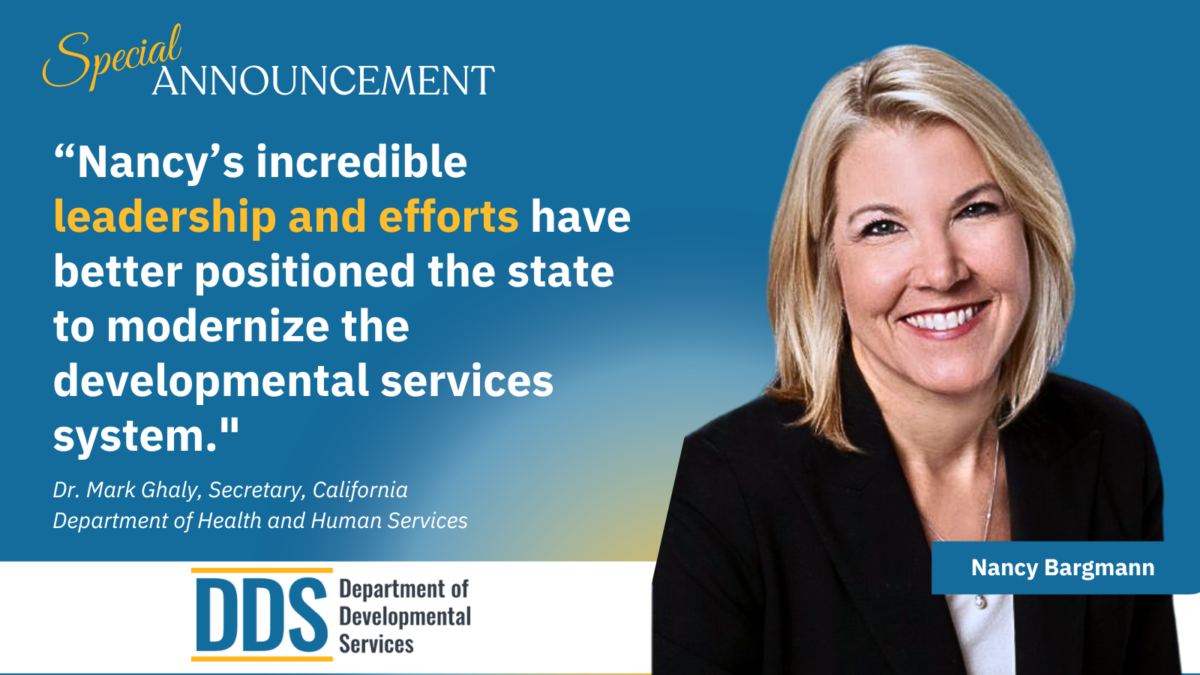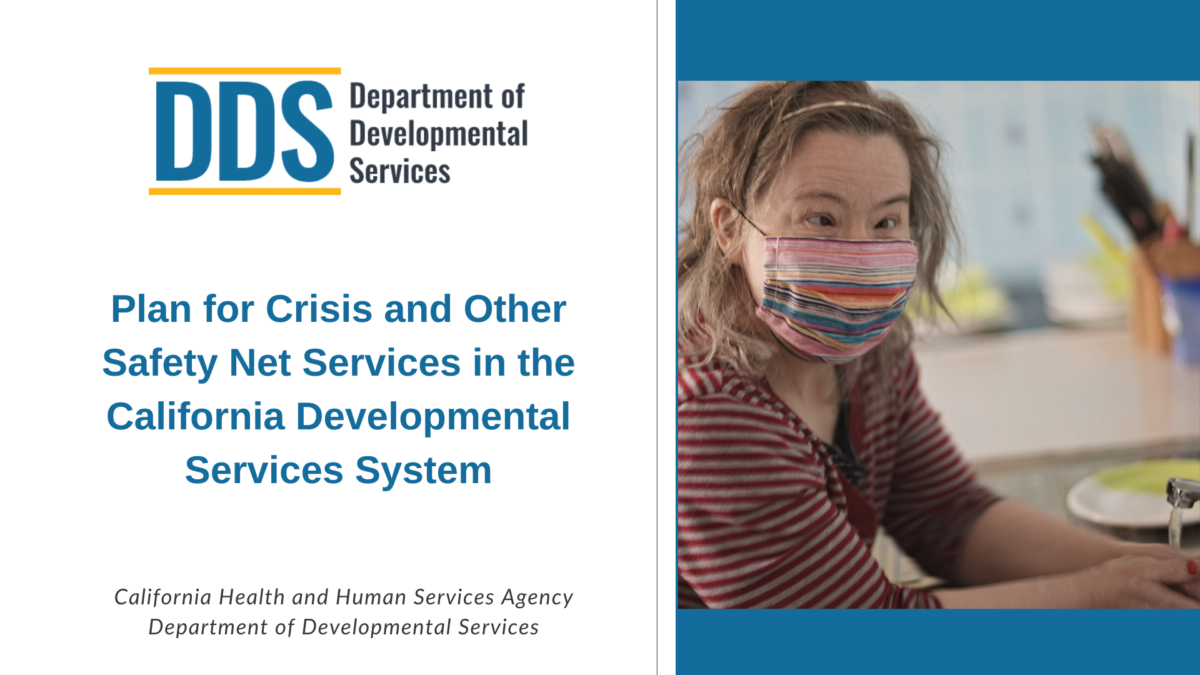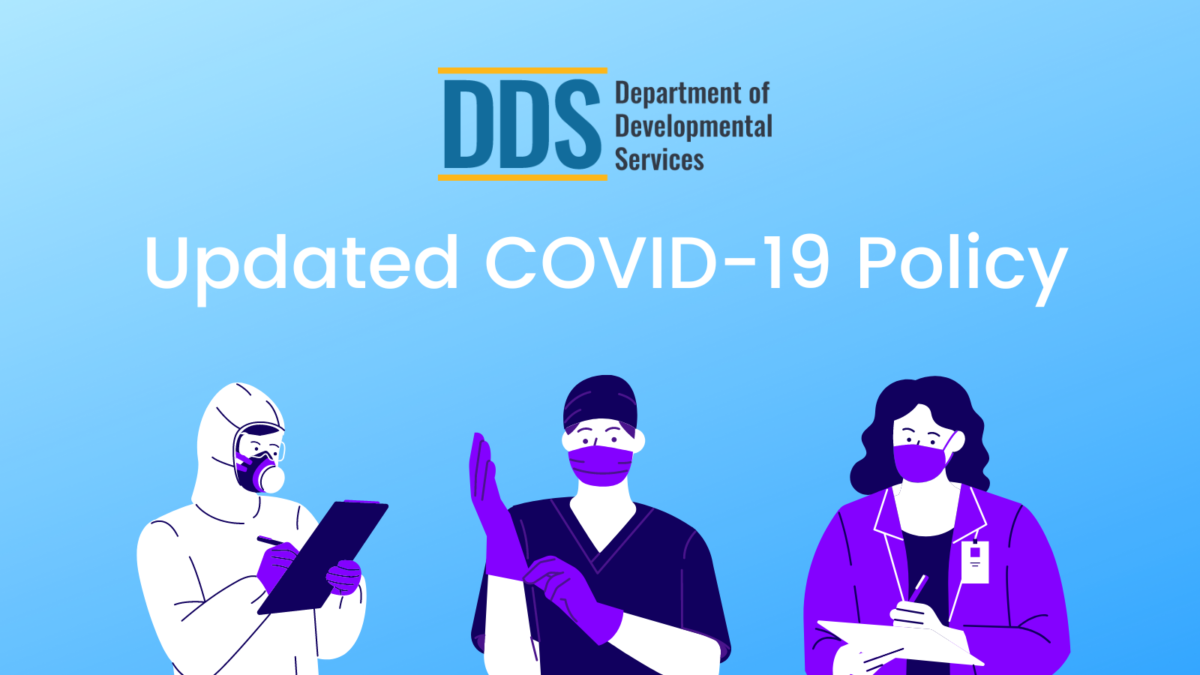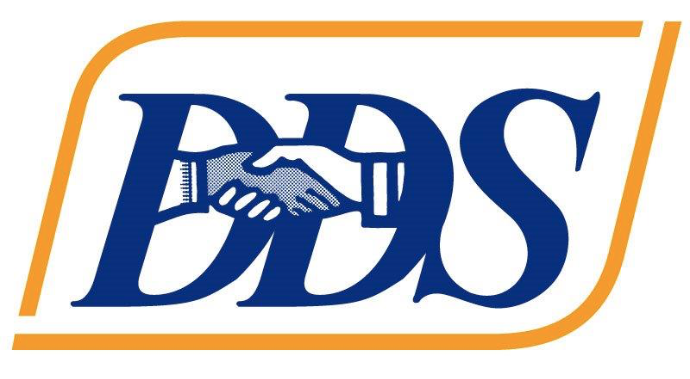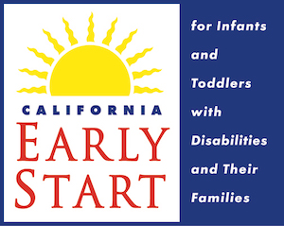After more than 40 years of serving Californians with developmental disabilities in various roles, Nancy Bargmann, Director of the California Department of Developmental Services (DDS) announces her retirement.
Bargmann, who began her role as Director in 2016, said she will begin retirement the first of September in a public announcement on Wednesday, July 24. In her announcement she also noted some key accomplishments during her eight-year tenure.
“Together, we closed all of California’s developmental centers while building inclusive community services. We faced and withstood a pandemic, ushered in unprecedented growth, and expanded person-centered services and supports to a growing and diverse population from 300,000 in 2016 to over 440,000 today,” Bargamm wrote.
In a statement made from Dr. Mark Ghaly, Secretary for the California Department of Health and Human Services, thanking Bargmann for her many years of service and commitment, he wrote “Nancy’s incredible leadership and efforts have better positioned the state to modernize the developmental services system through the development of California’s Master Plan for Developmental Services and the implementation of the rate study. The Newsom Administration is committed to continuing this important work, with the final Master Plan to be released in March of 2025.”
Bargmann began her career as a Direct Support Professional (DSP) in 1984. She went on to hold several positions and leadership roles at regional centers, service providers, and the State, including as associate executive director at San Gabriel/Pomona Regional Center and deputy director of the Community Services Division at DDS. Bargmann was appointed Director of DDS on March 4, 2016, by former Governor Edmund G. Brown Jr. and reappointed in 2020 by Governor Gavin Newsom.
“Throughout the years as Director of DDS Nancy demonstrated her administrative and political skills, but it was clear to all that she never forgot her social work background, said Jordan Lindsey, Executive Director, The Arc of California. “She will certainly leave behind a legacy of collaboration and community involvement.”
- To read statement by Secretary Ghaly, CLICK HERE.
- To read statement by DDS, CLICK HERE.

